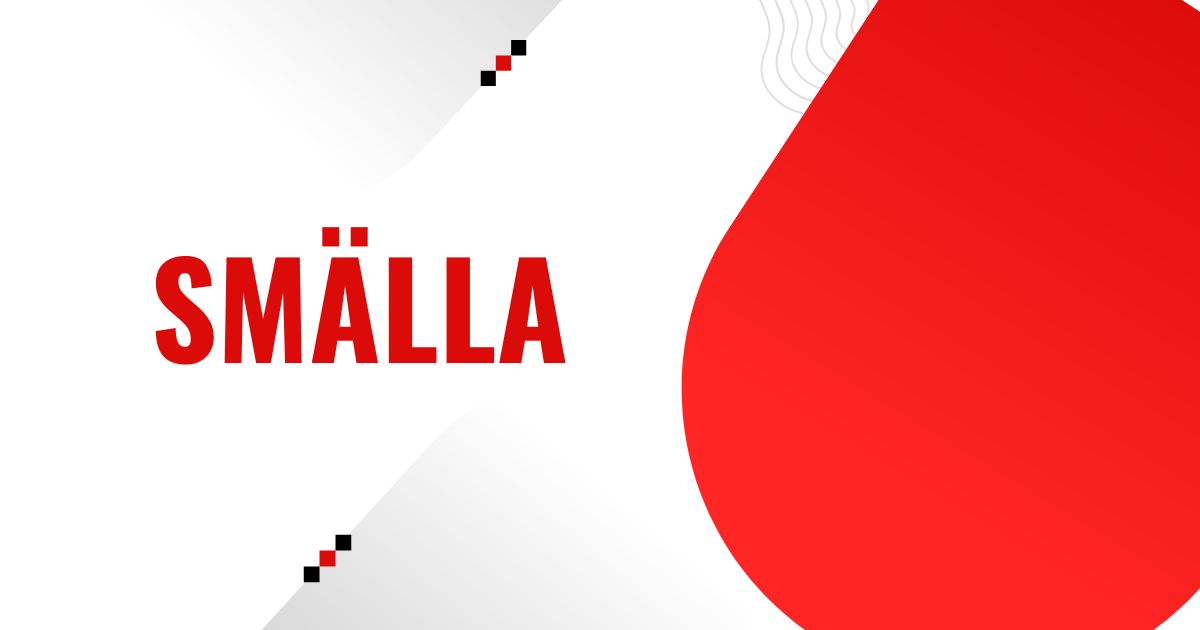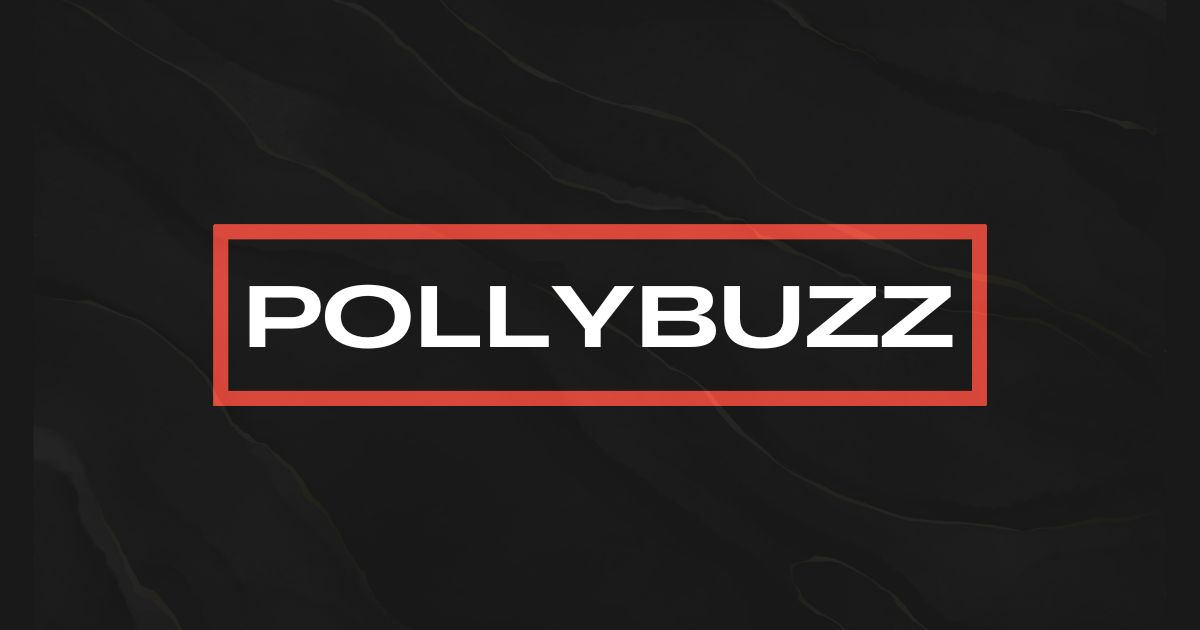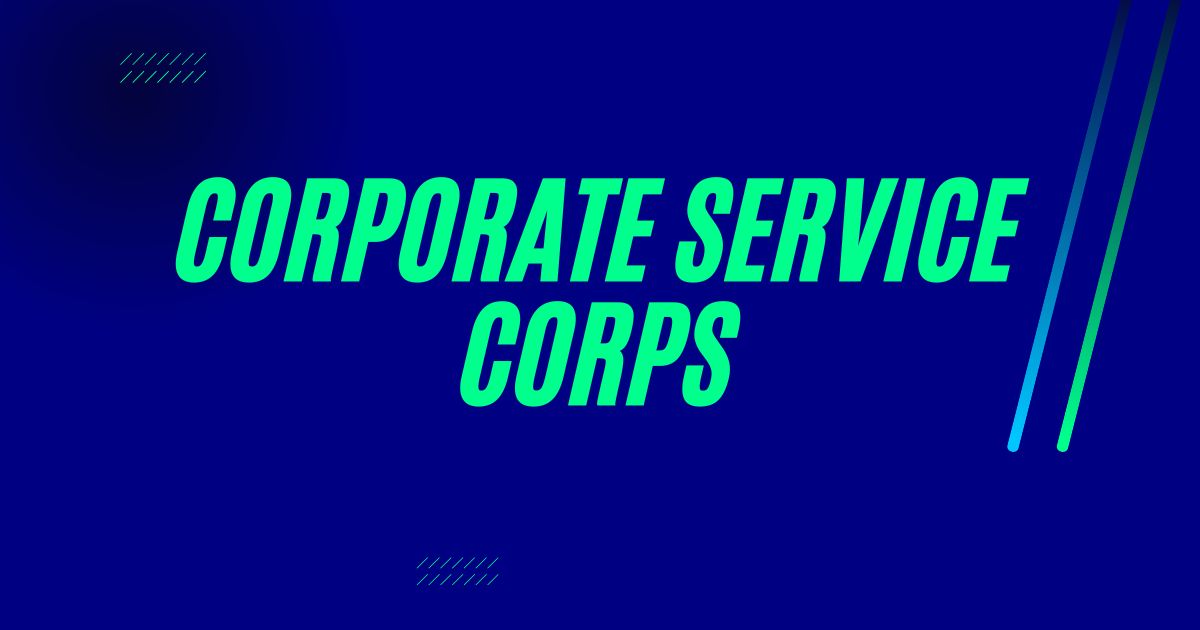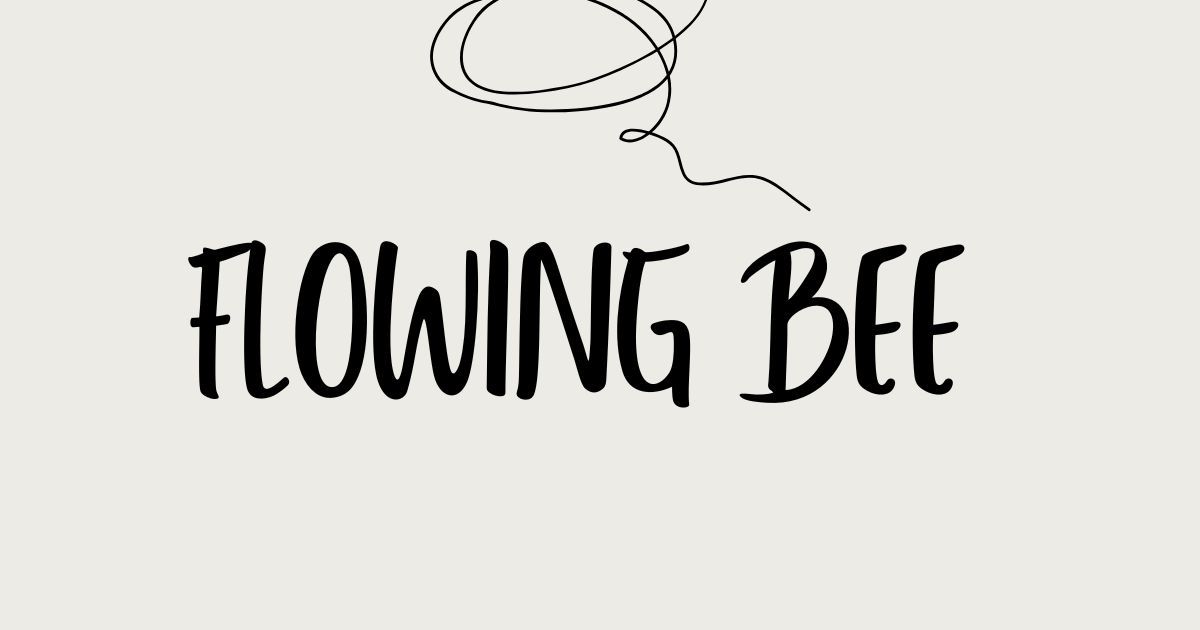Understanding the word smälla can feel like opening a door into the colorful world of Swedish expression. This unique word carries a punch—literally and figuratively—and it’s more than just a sound effect. In this in-depth article, we explore its meanings, origins, how it’s used in everyday Swedish language, and what it reveals about Swedish culture and communication styles.
What Does Smälla Mean in Swedish?
In its simplest form, smälla is a Swedish verb meaning “to slam,” “to burst,” or “to bang.” It’s often used to describe loud, sudden noises—like fireworks, gunshots, or something heavy hitting a surface. The word captures the essence of a quick, often startling, impact.
The Etymology of Smälla
The origin of smälla traces back to older Scandinavian roots. The word is closely related to the sound it represents—a linguistic phenomenon known as onomatopoeia. Over time, it expanded its meaning from a simple sound to include emotional and metaphorical impacts.
How Smälla Is Used in Everyday Speech
In Swedish, you might hear:
Det smällde till! – “It banged loudly!”
Han smällde igen dörren – “He slammed the door.”
Ballongen smällde – “The balloon popped.”
Its flexibility makes it a favorite in casual conversation, particularly when something sudden or dramatic occurs.
Smälla as a Noun: Smäll
While smälla is the verb form, its noun counterpart smäll means “a bang” or “a slap.” The two are often used interchangeably in different grammatical contexts, helping describe both action and result.
Idiomatic Expressions Using Smälla
The Swedish language is rich in idioms, and smälla appears in several:
Smälla av – This can mean “explode” or be used figuratively like “I could die (from excitement, shock, etc.).”
Få en smäll – “To get hit” or “take a blow.”
Smälla i dörrar – “Slam doors,” often indicating emotional outbursts or tantrums.
These phrases capture emotional highs and lows in a very relatable way.
Smälla in Emotional Contexts
Smälla is more than physical noise; it often conveys emotional energy. For example, slamming a door isn’t just about sound—it’s an act of expression. When Swedes use smälla, it often reflects anger, frustration, or surprise.
Cultural Implications of Using Smälla
The use of smälla in conversation is deeply rooted in Swedish cultural norms. It highlights how even a reserved culture like Sweden can express powerful emotions when triggered. Smälla bridges the gap between composure and expression.
Smälla in Swedish Literature and Film
You’ll often see smälla in Swedish storytelling to heighten tension. Whether it’s a gunshot in a crime novel or the slamming of a door in a family drama, the word instantly communicates drama, change, and intensity.
How Kids Learn the Word Smälla
Children in Sweden pick up smälla early—through cartoons, toys that make noise, and real-life experiences like fireworks. It’s one of those onomatopoeic words that makes it easy for kids to grasp the link between language and action.
Differences Between Smälla and Likely Synonyms
While smälla is versatile, it does have alternatives:
Klicka – used for small, soft sounds (clicks).
Explodera – means “to explode,” but it’s more scientific or formal.
Dunka – implies a dull, rhythmic sound like a heartbeat or thudding.
Each word has its nuance, but smälla remains the go-to for sudden, loud impact.
Sound Symbolism and Why It Matters
Smälla embodies what’s called sound symbolism—words that phonetically resemble their meanings. It’s a universal linguistic feature, but in Swedish, smälla is a textbook example. It just sounds like what it means.
Smä’lla in Modern Media and Pop Culture
In modern Swedish media—like radio, memes, and reality shows—smälla appears often, usually in humorous or dramatic contexts. It’s used to exaggerate reactions and bring sound effects into speech.
International Comparisons of Similar Words
Every language has its own way of saying “bang!” In English, we use bang, pop, or slam. In German, it’s knallen. The fact that these words exist across languages shows how essential it is to vocalize sudden noise in human expression.
When Not to Use Smä’lla
Despite its wide usage, there are times when smä’lla might feel too informal or intense—especially in formal writing or delicate situations. In professional or academic contexts, more neutral alternatives are preferred.
Conclusion
Smä’lla isn’t just a word—it’s a gateway into understanding Swedish emotion, culture, and communication. From slamming doors to dramatic emotional releases, smälla resonates through language like an echo of human intensity. Whether you’re learning Swedish or just exploring world languages, knowing how sm’lla functions can make your experience richer and more authentic.
FAQs
What does “sm’älla av” mean in Swedish?
It literally means “to go off” or “to explode,” and is often used both literally (fireworks) and figuratively (shock or excitement).
Is sm’älla a formal word?
No, s’mälla is casual and commonly used in everyday conversations, especially in emotional or dramatic contexts.
Can sm’älla be used in past tense?
Yes, in past tense it becomes smällde, as in “Ballongen smällde” (“The balloon popped”).
Is sm’älla used in any popular Swedish idioms?
Yes, idioms like få en smäll (“take a hit”) and smälla av skratt (“burst out laughing”) are widely used.
What’s the difference between s’mälla and sm’äll?
Sm’älla is a verb (to slam or pop), while sm’äll is a noun (a slam or bang). They share the same root but serve different grammatical functions.















